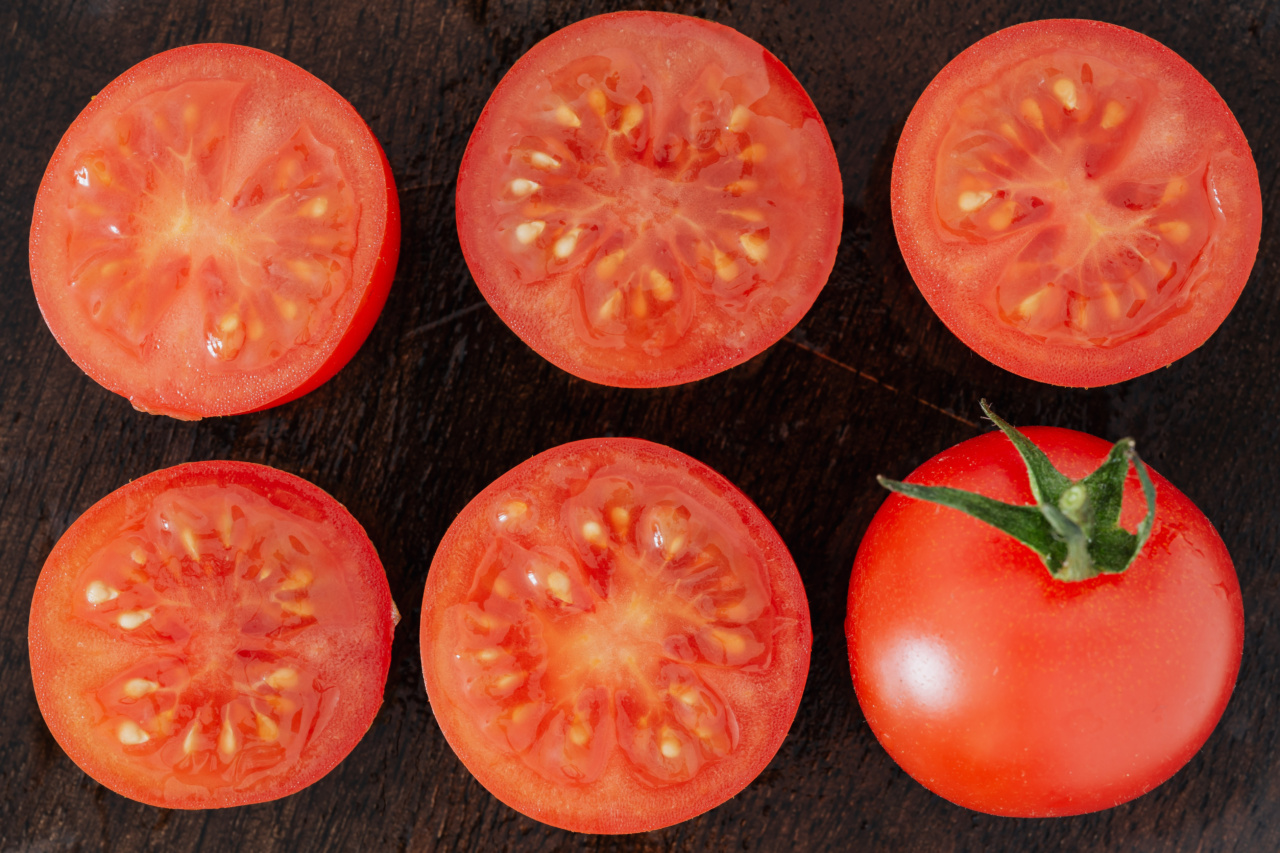Keil, pronounced as kay-yell, is a type of seaweed that is commonly consumed in Korean cuisine. It has a plethora of health benefits that make it an excellent addition to any diet.
In this article, we will discuss why keil should be a part of your diet and how it can help improve your overall health.
What is Keil?
Keil, also known as kelp, is a type of seaweed that is found in the ocean. It is commonly found in waters around Korea, Japan, and China. It is a type of brown seaweed that grows in underwater forests.
It is a staple in Korean cuisine and is used in various dishes, such as seaweed soup and kimchi.
Nutritional Value of Keil
Keil is a highly nutritious food that is packed with vitamins and minerals. It is a good source of iodine, calcium, magnesium, iron, and potassium.
It is also low in calories and fat, making it an excellent choice for those who are looking to maintain a healthy weight or lose weight. Additionally, it is a good source of dietary fiber, which can help improve digestion and reduce the risk of constipation.
Health Benefits of Keil
1. Rich in Iodine
Keil is a good source of iodine, which is a mineral that is essential for the thyroid gland to function properly. The thyroid gland produces hormones that regulate metabolism, and a deficiency in iodine can lead to an underactive thyroid gland.
Consuming keil regularly can help ensure that your body gets enough iodine, thereby reducing the risk of thyroid problems.
2. Good for Heart Health
Keil contains antioxidants such as carotenoids, flavonoids, and alkaloids that can help reduce inflammation in the body, which is a significant risk factor for heart disease.
Additionally, it contains omega-3 fatty acids, which are known to reduce triglycerides, lower blood pressure, and reduce the risk of heart disease.
3. Can Help with Weight Loss
Keil is low in calories and fat and is an excellent source of dietary fiber, making it an ideal food choice for those who are looking to lose weight or maintain a healthy weight.
The fiber in keil can help keep you feeling full for longer periods, which can help reduce calorie intake and aid in weight loss.
4. Boosts Immune System
Keil contains a type of polysaccharide called fucoidan, which has been shown to have immune-boosting properties.
Studies have shown that fucoidan can help stimulate the immune system, increase the production of white blood cells, and improve the body’s response to infection and disease.
5. Promotes Digestive Health
The fiber in keil can help promote digestive health by improving bowel movements and reducing the risk of constipation.
Additionally, keil contains a type of insoluble fiber called laminarin, which has been shown to stimulate the growth of beneficial bacteria in the gut, thereby improving gut health.
How to Incorporate Keil into Your Diet
There are various ways to incorporate keil into your diet. Here are some ideas:.
- Add keil to soups and stews for added nutrition.
- Use keil sheets as a wrap for sushi.
- Make seaweed salad with keil, sesame oil, and soy sauce.
- Grind keil into a powder and use it as a seasoning for dishes.
Precautions
While keil is generally safe for consumption, it is essential to consume it in moderation. Excessive consumption of keil can lead to an overdose of iodine, which can have adverse health effects.
People with thyroid problems should consume keil cautiously and under the guidance of a healthcare professional.
Conclusion
Keil is a highly nutritious food that is packed with vitamins, minerals, and antioxidants.
It is a good source of iodine, which is essential for thyroid function, and it can help reduce the risk of heart disease, aid in weight loss, boost the immune system, and promote digestive health. It is also a versatile ingredient that can be used in various dishes. Before consuming keil, it is important to ensure that it is consumed in moderation and under the guidance of a healthcare professional if you have thyroid problems.




























